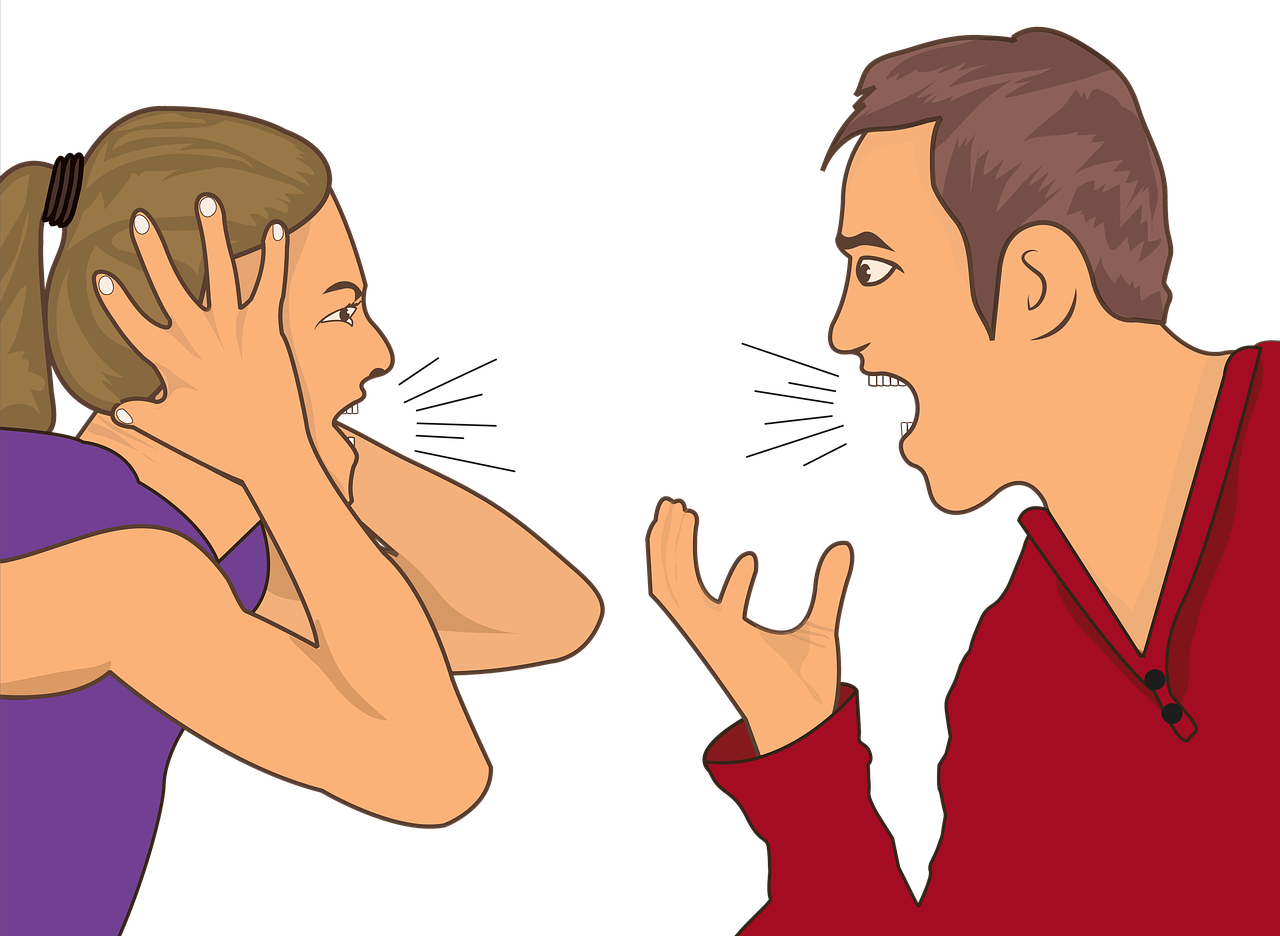I.
On Coleman Hughes's podcast, he talks about debunking the "Hands up; don't shoot" myth regarding the Michael Brown shooting. To his credit, he does attempt to understand why people would believe what he calls a "poetic truth", which he contrasts with empirical truth. And while I don't think his steelmanning quite gets it right, the larger issue I have is with the ineffectiveness of this approach to sensitive topics like these.
In this context, Hughes is acting as what Annie Lowery calls "Facts Man."
"The Facts Man gives it to you straight. With his college degree, with his top-quality résumé, with his insider knowledge, with his background in euclidean something-or-other—sharpened by debating with the smartest people, who never went to school—here is what he has found. These are the data. These are more data. This. Is. It. Here’s the inevitable conclusion. It’s the only conclusion possible!"
II.
A very progressive woman in my town posted a video on Facebook. She saw a local cop had pulled over a Black driver. She pulled her car to the side of the road and began filming. Despite the fact that nothing happened--nor does anything ever happen in our town, including complaints of police abuse--the comments on her post were filled with praise and instances of the word "brave."
I couldn't help but be reminded of Liz Bruenig's comment about a lack of opportunities for heroism in modern society. It should come as no surprise that this woman's post came just days after Derek Chauvin's conviction. The media made Darnella Frazier a star, the girl who filmed Floyd's murder. I can't help but feel that the woman was motivated by her own desires for heroism.
I felt like commenting with some statistics. Things like the lack of police complaints in our town, or how police abuse happens in violent neighborhoods, not our town. Or how nationally the vast majority of police complaints go to the same small number of cops, so going by base rates this cop is likely to be harmless.
But then I realized how much I would have sounded like Facts Man. Social Justice Warrior can be irrational, but Facts Man can be just as annoying and ineffective, even when he's right.
There has to be a better way.
III.
John Warner wrote a Twitter thread contrasting Adam Serwer and Conor Friedersdorf's coverage of the Nikole Hannah-Jones tenure denial controversy. Serwer and Friedersdorf aren't exactly Facts Man and the Social Justice Warrior--or if they are, they're the best versions of them--but Warner's analysis points toward something deeper.
Warner dislikes Conor's objective approach.
But posing as objective (or even neutral) when you are not objective does not enhance anyone's credibility when it's apparent that you are not objective or neutral. This is why even when I agree with Friedersdorf, I roll my eyes because I know I've been subject to a performance.
— John Warner (@biblioracle) May 22, 2021
Here is why Warner likes Serwer's writing better.
Serwer's description of the precipitating incident is in no way slanted on the facts, but it also isn't an attempt at establishing an "objective" persona. He's telling the reader where he stands so we can evaluate what's to come with that knowledge in hand.
— John Warner (@biblioracle) May 22, 2021
Warner is free to prefer whichever type of writing he likes, but I think he makes two logical errors. The first is to view objectivity/subjectivity as a binary, before rejecting the idea of objectivity at all.
Scott Siskind explains how rationality is not a binary, but a spectrum, writing:
"You can definitely be bad at rationality, objectivity, and staying unbiased. But if you can be bad, you can also be good. You've admitted there's a spectrum from better to worse, you've admitted that the worse end deserves terms like "irrational" - so shouldn't the natural term for the better end be "rational"?"
In another post, Scott compares rationality to weight training; like objectivity, it's something you get better at the more you train. But because Warner cannot conceive of someone being objective, he becomes immediately suspicious of anyone who appears to approach topics with an objective lens. They must have some evil, hidden agenda, he thinks.
I see a different distinction between the two writers. Serwer writes beautifully, but what is the point? He is basically reassuring liberals that they are right in believing conservatives are terrible.
Yes, by striving for objectivity, Conor has established credibility for a certain group of readers. But unlike Serwer, Conor's writing does what Amanda Ripley calls Complicating the Narrative. When Warner calls Serwer's writing "illuminating," I call it confirmation bias. Conversely, what Conor does is what I would call persuasion.
The other error Warner makes is to discount the effect of persuasion. Persuasion is so rare now that when people like Warner come across it, they mistake it for something nefarious. They assume people like Conor must have some secret evil motive. But what if Conor's motive is simply to update the priors of readers who are open to having their minds changed? Because I can guarantee you that Serwer isn't changing anyone's mind.
In an interesting column, Tom Chivers wonders "When did we give up on persuasion?" Chivers is curious about people's reaction to Scott Siskind's writing and draws a conclusion.
"When was the last time you read an article, an opinion piece, that you felt was trying to persuade you of something? To argue a position that you don’t hold, and make you believe it?
I suspect such experiences are rare. It is easier to write things for people who already agree with you: to make them cheer or feel clever, or to remind them how dreadful the other lot are. It’s also more fun.
I’m not talking about reading a column that disagrees with you. I’m sure you read them regularly, or at least the headlines: pieces get hate-shared all the time among people who disagree with them. But they are not written to persuade, and readers are not persuaded. The intention, I think, is to provoke a reaction, to elicit cheers and boos. Not, primarily, to change minds."
IV.
To me, the myth-debunking Facts Man is as pointless as the callout-culture Social Justice Warrior. I think the world would be a better place if both archetypes cared more about the art of persuasion.
Facts Man doesn't change minds when he debunks. He only angers his interlocutor and riles up his base. In other words, he writes and speaks for those who already agree with him.
Social justice warrior doesn't achieve social justice when he calls out or cancels someone. He just adds to the growing resentment of his outgroup.
The only positive thing both men achieve is higher status within their ingroup. There must be a third way.
I've reimagined what I think Braver Angels should look like. I think it's a mistake to recruit reds and blues as reds and blues. The people they recruit should not have politics as the top layer of their identity. The people they recruit should be Antitribalists. They should recruit Persuasion Man.
Their goal should be to recruit Gladwell's connectors, mavens, and persuaders. People who take debunked myths and present them in a way not intended to make others feel dumb, but to update their priors. People who explain to Facts Man why he should sit this one out and let people be empirically wrong if they're not hurting anyone. People who show Social Justice Warrior how to call in, rather than call out. Or better yet, just ignore people who say mean things.
The Antitribalists care about truth and justice, but not as much as they fear civil war. The Antitribalists start from a place of empathy. They study, listen to, and learn the language and culture of Facts Man and Social Justice Warrior. They are bayesians, who constantly evaluate and update their beliefs when presented with new information.
They focus on their cognitive biases and work to overcome them and be less wrong. They recognize that persuasion is a two-way street; they cannot expect to change others' minds if they will not change their own.
The Antribalists recognize the irony that a group of people being against tribes is, in fact, a tribe. And they are okay with this because they are bound the similarities of the ingroup rather than hostility toward the outgroup.
Richard Hanania wrote an essay titled "Why is Everything Liberal?" His conclusion is that liberals simply care more. Consider this a post for the Antitribalists out there to care more.

